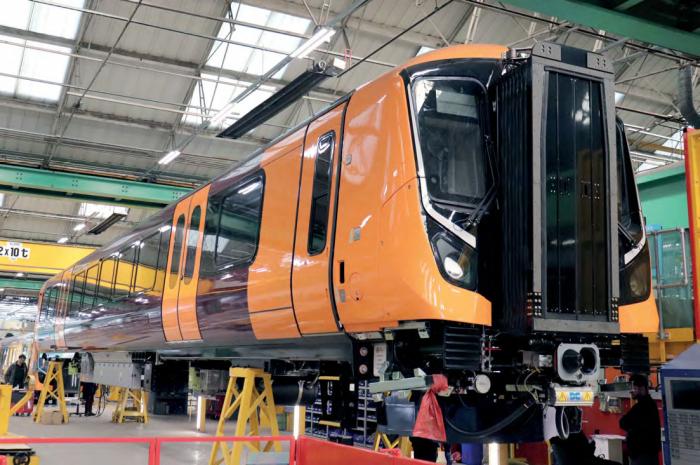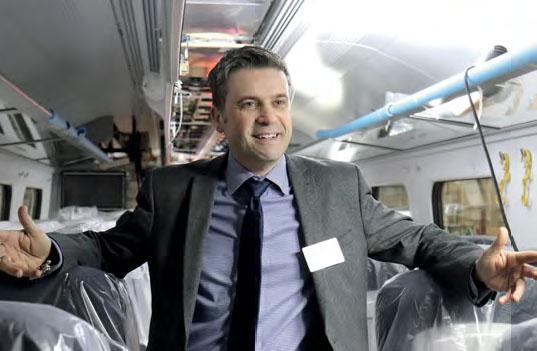FOLLOWING A lengthy period of poor performance in 2019 West Midlands Trains is now working on a remedial plan, agreed with the Department for Transport, to stabilise the business and deliver significantly higher levels of service reliability and punctuality.
Talking to Modern Railways, WMT Managing Director Julian Edwards explained that the final agreement was actually the fourth submitted by the operator as the DfT pushed hard for commitments.
First changes have been delivered ahead of the May timetable change, with the removal of Coseley stops on some off-peak London to Liverpool services and the removal of the Smethwick Galton Bridge call from services heading to Stoke and Crewe from 2 March and changes from 16 March on the Chase line, which saw one hourly weekday departure from Rugeley Trent Valley which previously travelled to London amended to terminate either at Birmingham International or Coventry. Other service adjustments mean the frequency of trains between Birmingham and London has not changed. ‘Negotiating to bring these amendments forward by more than two months has not been easy but improving the experience for our passengers as quickly as possible is our top priority’ said Mr Edwards.
The company has reached agreement with the RMT rail union over its dispute and is now working with the drivers’ union ASLEF to address terms and conditions for drivers that have made service recovery difficult.
WMT is putting more ‘fire breaks’ into longer-distance services and the changes to calling patterns are also aimed at delivering short-term improvements. Principally this will be seen through some longer dwells at stations such as Northampton and Birmingham New Street, and also less splitting and joining of trains to provide resilience.


Mr Edwards explains the aim has been to avoid ‘putting a coach and horses through the fundamental ethos of what our bid was about and what we were delivering’ with the expectation that the changes will add several percentage points to the operator’s PPM (Public Performance Measure) scores from the May timetable change.
MORE CAPACITY
Further work is needed to deliver additional capacity in time for May 2020 and to manage this until the new larger fleets of trains are delivered. ‘More eights and 12s is what we need’ said Mr Edwards. ‘We’ve squeezed an extra unit out of Siemens, but I need those six final TPE trains.’ He confirmed the final Class 350/4 sets were still on track to be released by TransPennine Express to WMT at the end of March.
Speaking prior to the coronavirus crisis, Mr Edwards explained that Cross City services were also experiencing severe crowding issues. He said that until the 36 Class 730s replace the 26 Class 323s on this route the fleet will struggle, especially as some sets are out of traffic for Persons with Reduced Mobility (PRM) work. One plan may be to lengthen long-distance DMU-worked trains with Class 153 sets and put in some special stop orders at key stations on the route to the south of Birmingham.
